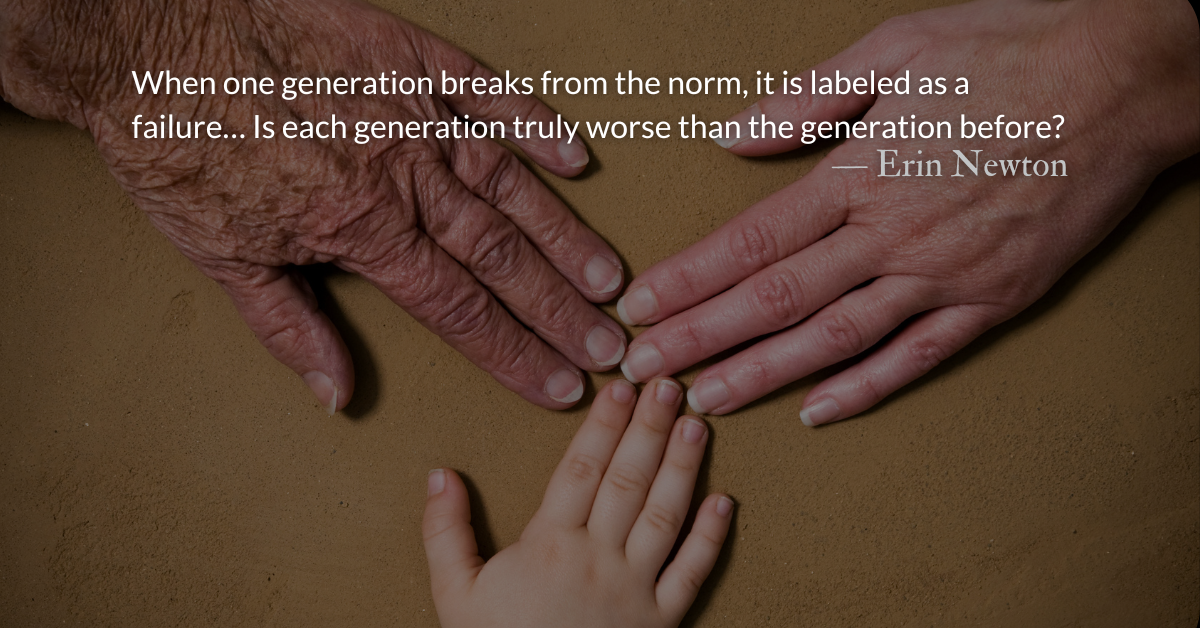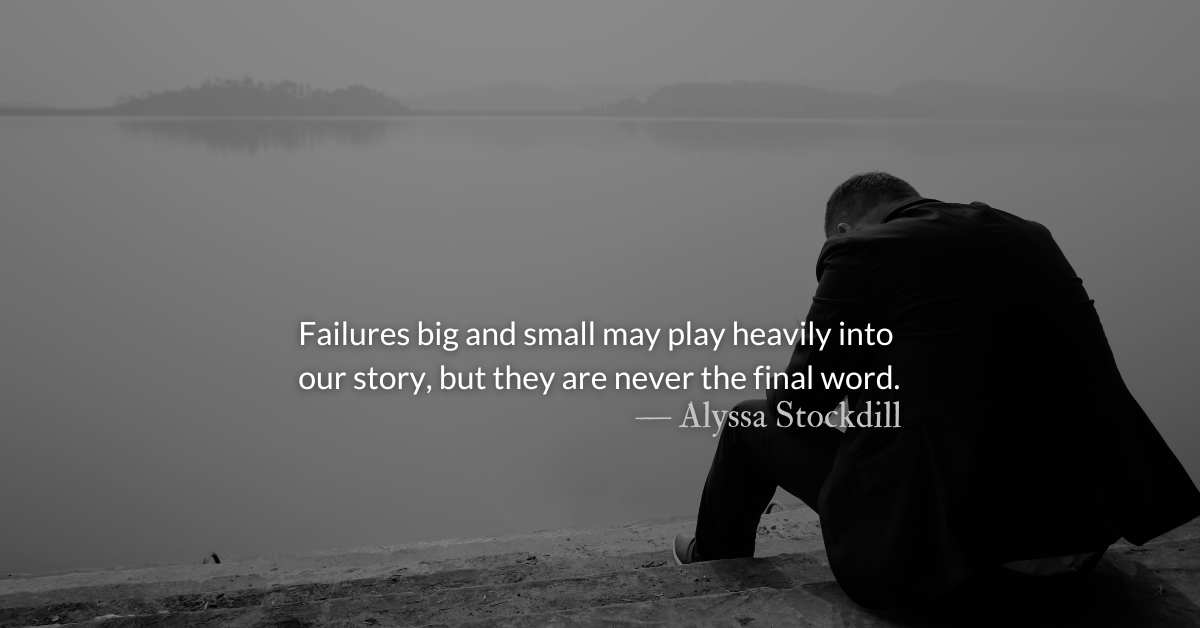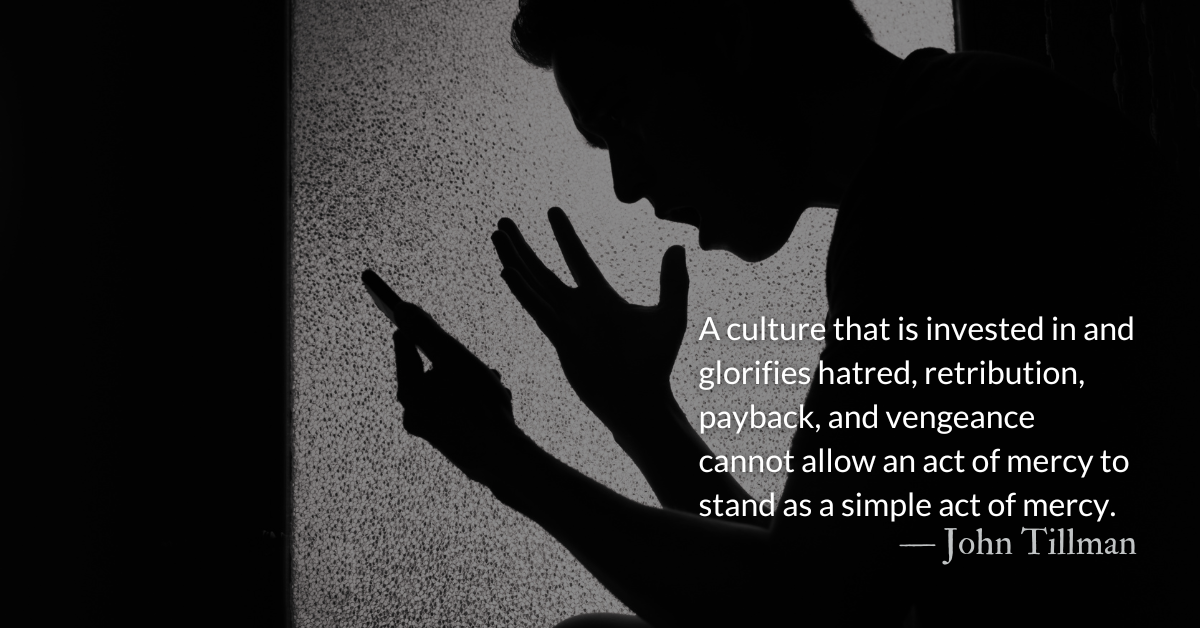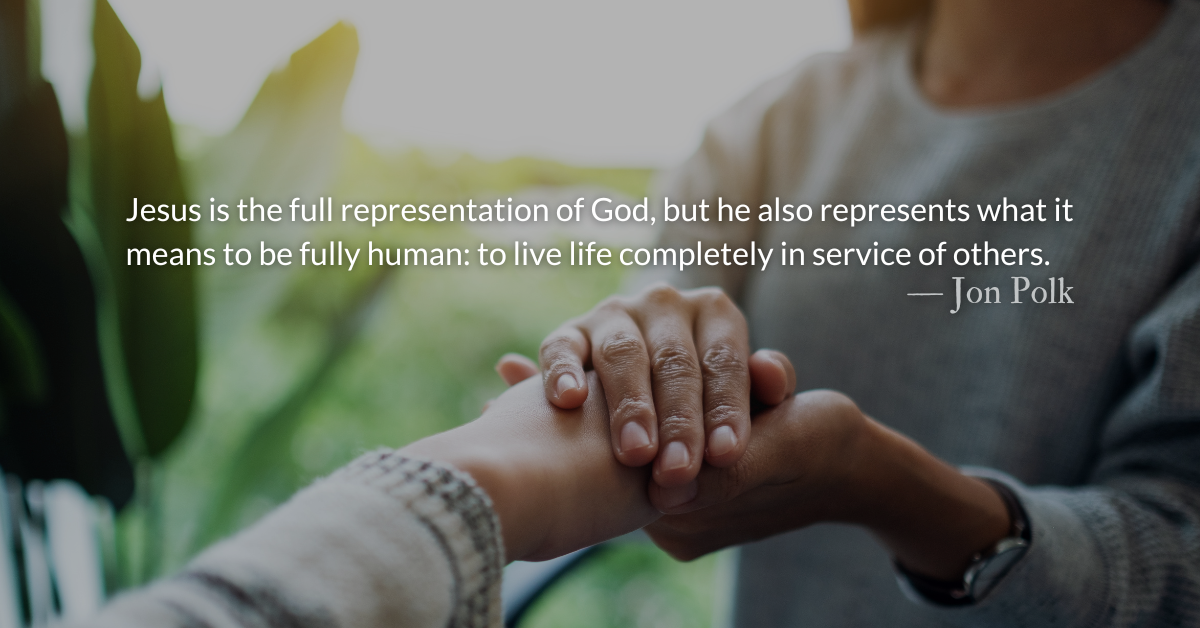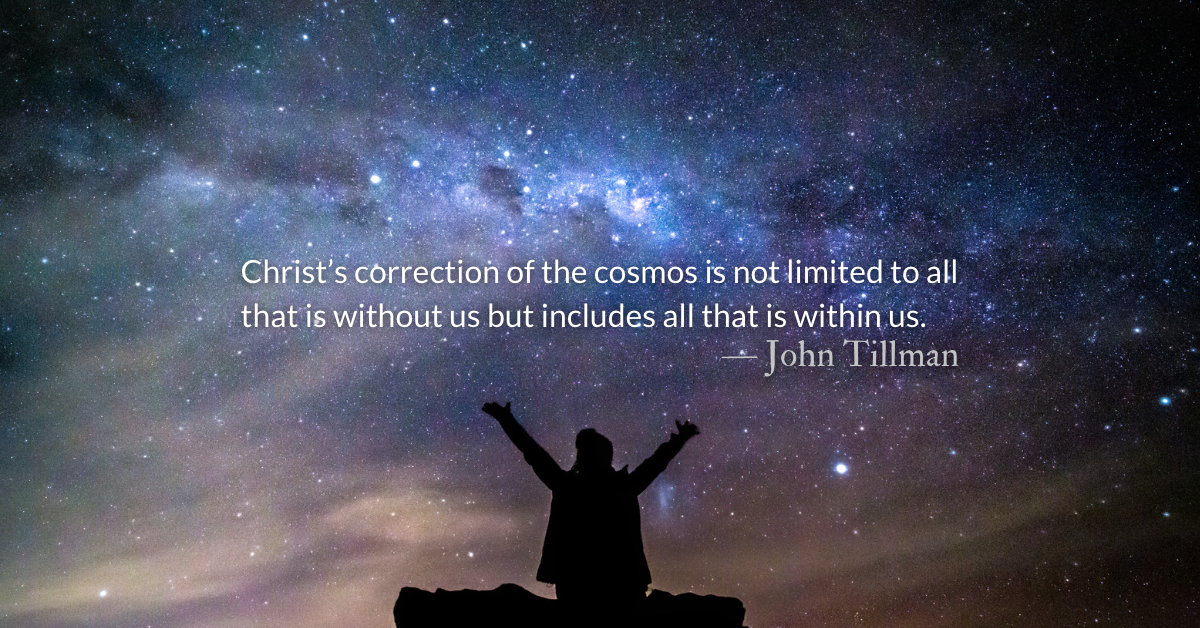Scripture Focus: Judges 2.10-11, 18
10 After that whole generation had been gathered to their ancestors, another generation grew up who knew neither the Lord nor what he had done for Israel. 11 Then the Israelites did evil in the eyes of the Lord and served the Baals.
18 Whenever the Lord raised up a judge for them, he was with the judge and saved them out of the hands of their enemies as long as the judge lived; for the Lord relented because of their groaning under those who oppressed and afflicted them.
Reflection: Generational Blame Game
By Erin Newton
In Judges, timelines are divided by generations and individual judges. Each generation is characterized by their failures and fleeting restoration under a judge’s leadership.
Judges describes this generation as forgetting God and serving the Baals. The description is vague. Forgetfulness has a generic sense that includes a myriad of sinful practices. They could have been entrenched in greed, injustice, sexual abuse, pride, oppression, idolatry, deceitfulness, or malice. The plural use of “Baals” is the author’s catchall phrase to demean any foreign deity. This generation is simply unfaithful.
The repetitive assertion that the next generation begins with failure reads like popular headlines today: “Atheism Doubles Among Generation Z” or “Almost Half of Practicing Christian Millennials Say Evangelism Is Wrong.” Faith is measured by church attendance, participation in religious practices, or involvement in parachurch organizations. When one generation breaks from the norm, it is labeled as a failure.
Today, some pastors dreamily speak of the “greatest generation” and pine for things to be like “they were in the 1950s.” Is this retrospective vision true to reality? Is each generation truly worse than the generation before? Such statements disregard the prevalence of injustices.
Although the failing generations and redemptive judges represent a cyclical storyline in Judges, God remains unchanging. It is not the sins of the people that should attract the spotlight here. The immutability of God shines through the shadows of evil.
God is forever faithful while people are reliably faithless. We will never arrive at a place of pure obedience to God without the snares and traps of our sinful conduct. The tendency to either look back with fondness at prior generations fails to realize the injustices that existed openly among Christians. The tendency to look forward in disgust at the new generation as “more wayward” disregards the unchanging nature of God to save, sanctify, and revitalize the people.
Despite all the failures of the ancient generations, God saved them.
The cycles of Judges, however, reveal that revivals are not permanent. Children cannot rely on the faith of their parents to establish their own faith for tomorrow. We must realize the power of this world will continue to negatively affect each generation.
But God remains as unchanged and faithful as he was five thousand years ago. Despite all our failures, God will save.
Cling to the hope of revival. Trust in God-appointed leaders. Pray and persevere for the restoration of the people.
Divine Hours Prayer: A Reading
Finally, brothers, let your minds be filled with everything that is true, everything that is honorable, everything that is upright and pure, everything that we love and admire—with whatever is good and praiseworthy. Keep doing everything you learned from me and were told by me and have heard or seen me doing. Then the God of peace will be with you. — Philippians 4.8-9
– From The Divine Hours: Prayers for Summertime by Phyllis Tickle.
Today’s Readings
Judges 2 (Listen 3:19)
1 Timothy 3 (Listen 2:10)
Share a Readers’ Choice post!
#ReadersChoice is a time for you to share your favorite Park Forum posts from the year.
What post helped you understand prayer?
Read more about A Generational Lament
“Every generation blames the one before…” Old and young scoff at each other’s sufferings, separating into camps of division and bias.

